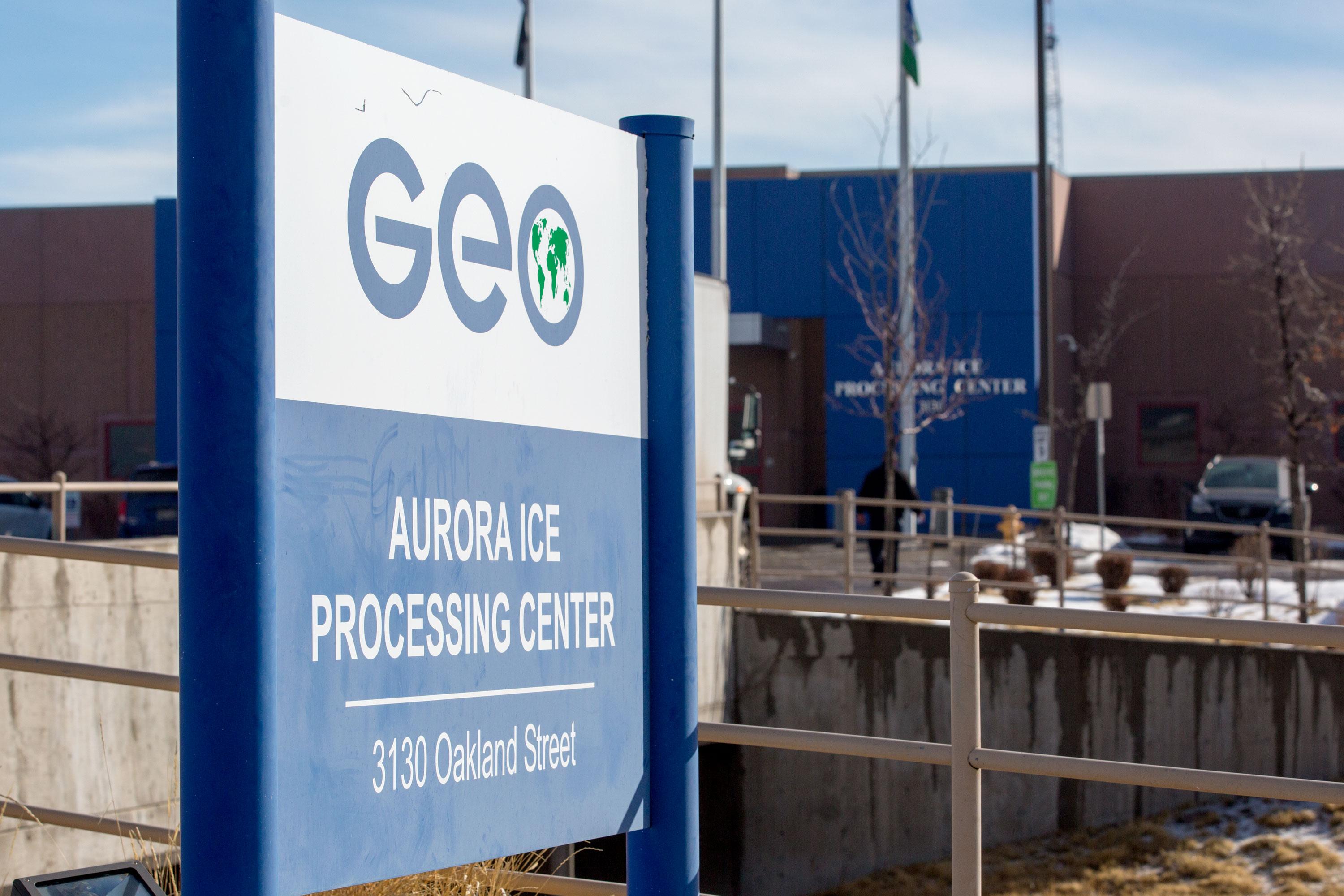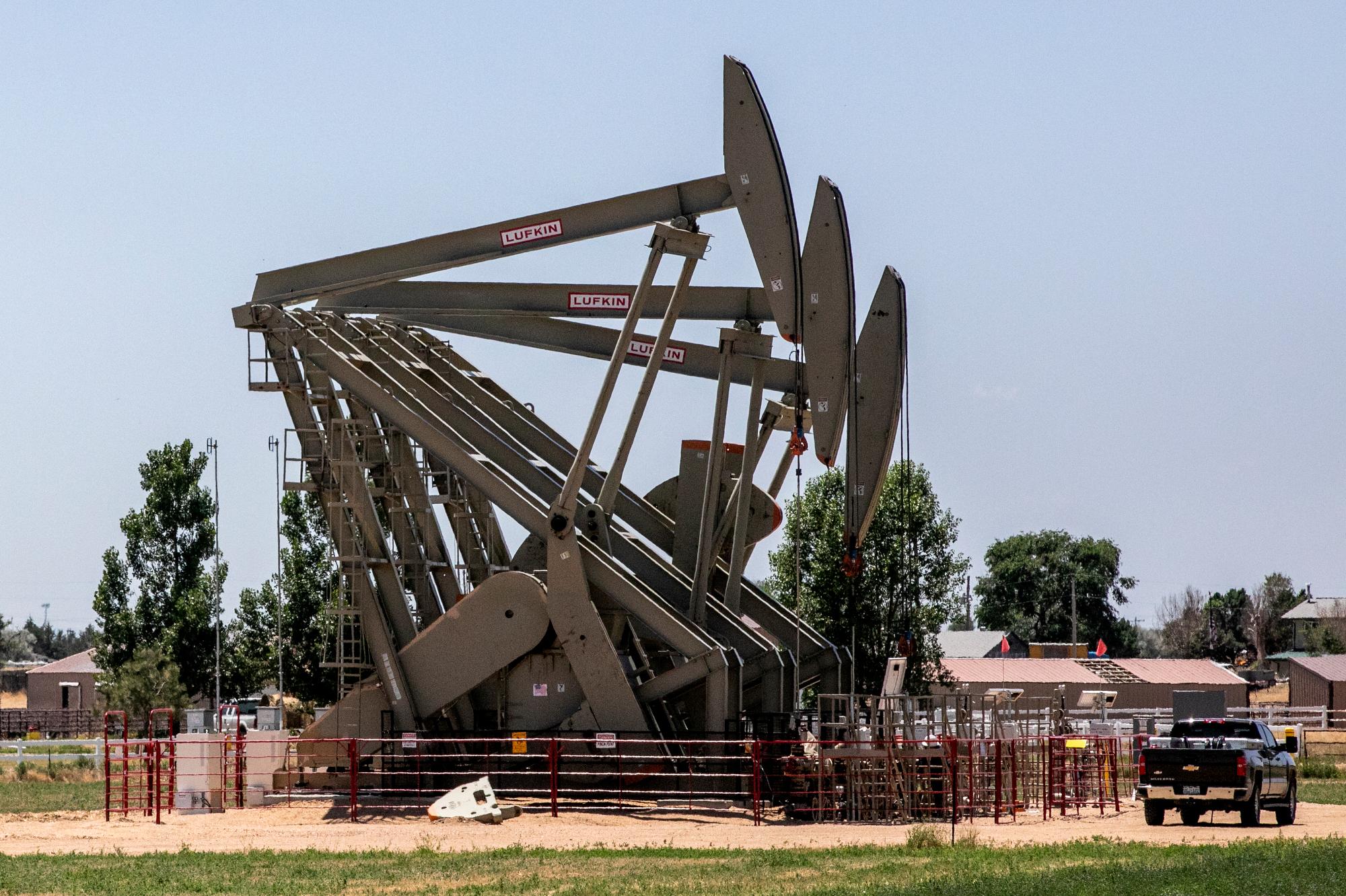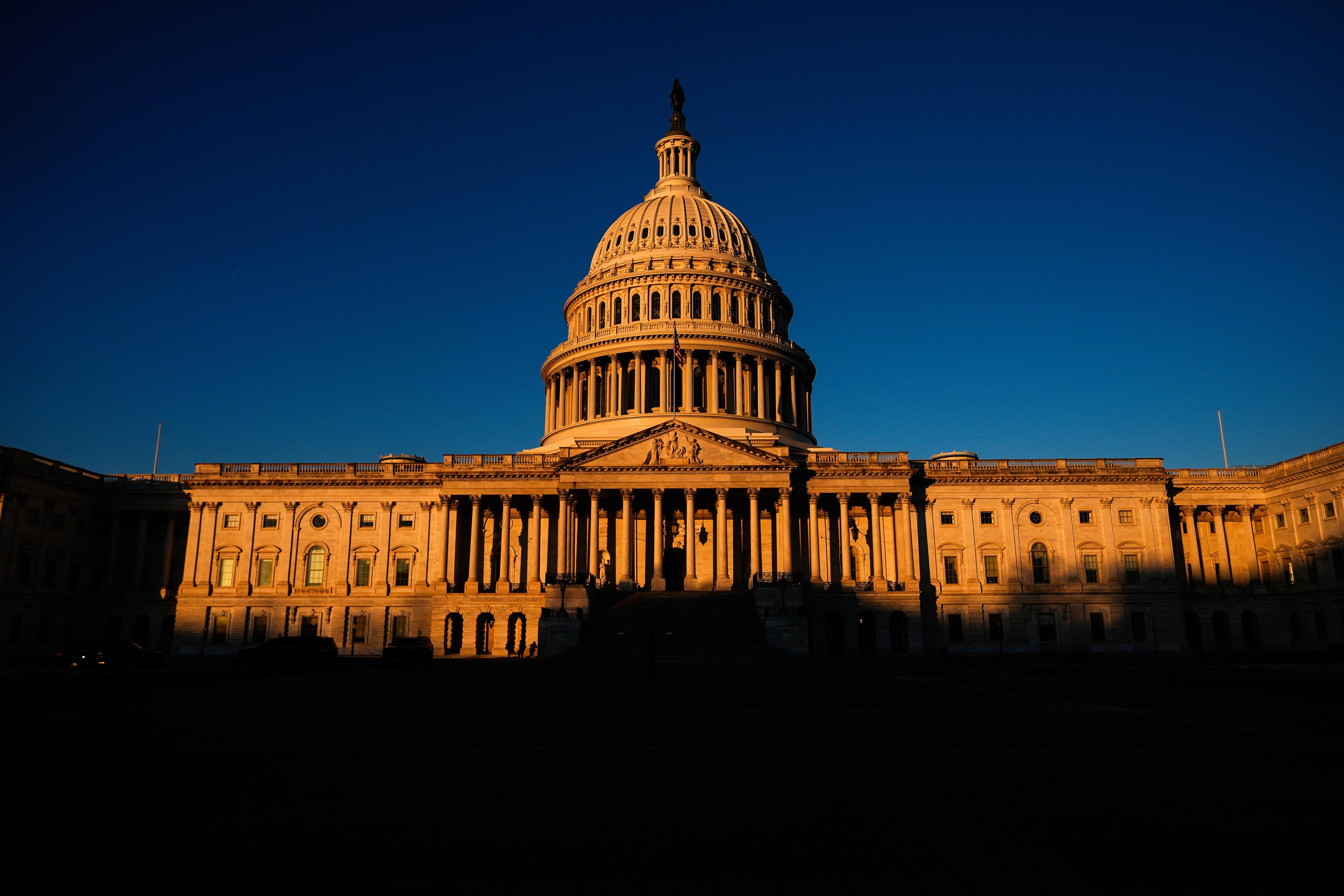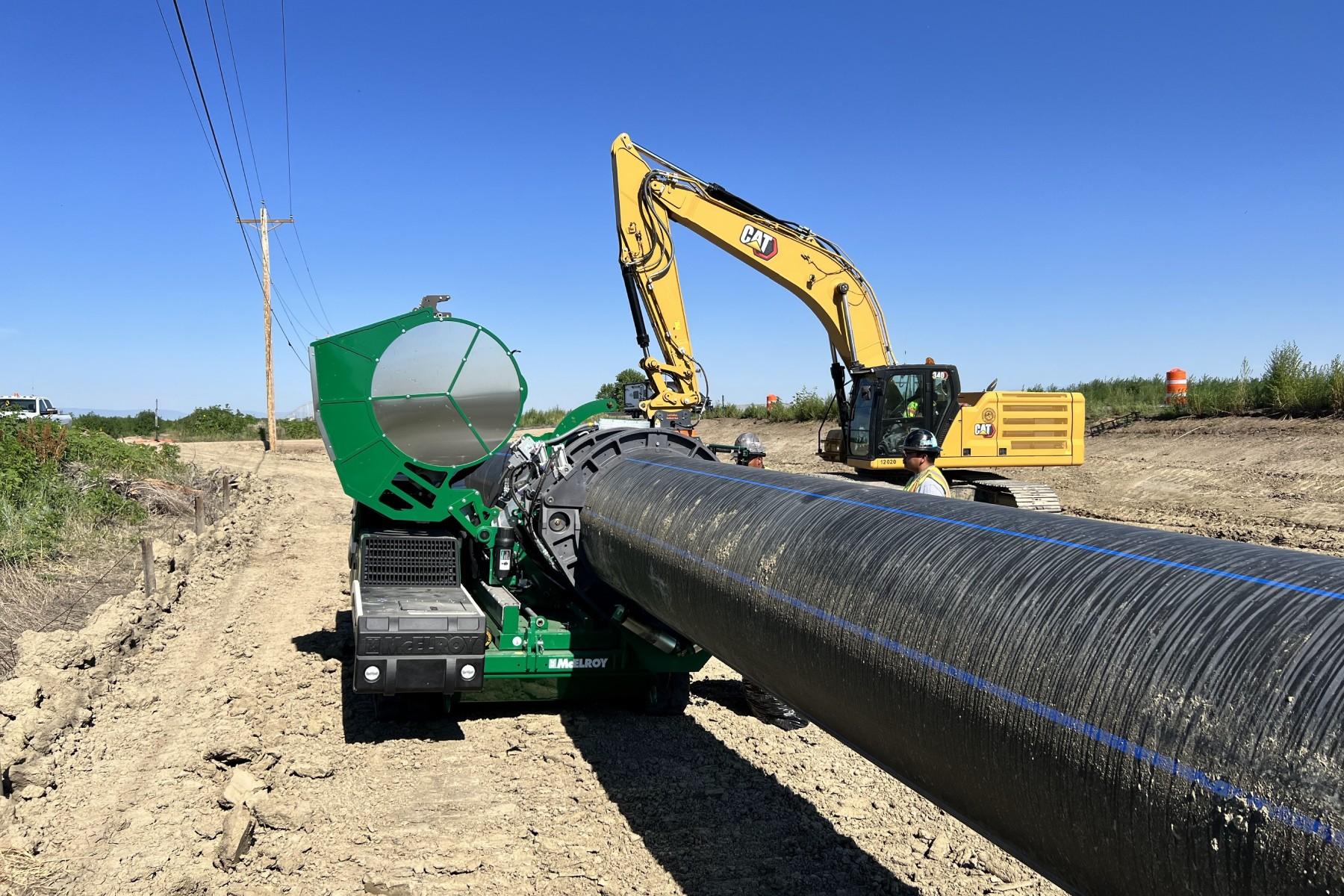

An expansion to the Immigration Detention Center in Aurora will stay open for another year, much longer than the initial 90-day deal.
ICE officials said the agency extended the contract for the privately run, 432-bed annex because of the increasing number of migrants seeking asylum at the border.
Officials have previously said the number of people detained due to immigration violations or to seeking asylum from a credible fear in their home countries has skyrocketed in the past year.
"This contract ensures a continuity required to fulfill ICE's mission for supervising, detaining and removing illegal aliens," ICE spokeswoman Alethea Smock said.
The detention facility has come under criticism recently by immigration advocates and some Congress members for not releasing more information and for a series of disease outbreaks, including mumps. In March, 350 people were in quarantine.
The facility has also been reluctant to share contracts and provide tour to public officials. While ICE offered a tour to media on March 4, it has turned away U.S. Rep. Jason Crow and members of Aurora City Council who have demanded a look inside.
Crow, a Democrat representing Aurora, again voiced his concerns at the news of the renewed ICE contract.
"At the same time this administration is promoting dangerous immigration policies such as family separation and gutting resources at every level for immigration services, the Aurora ICE facility’s 40 percent capacity increase will be extended for another 12 months. We must do all that we can to stand up for the safety of our communities and public health," Crow said in a statement.
About 1,300 people are detained at the facility as they await immigration proceedings or deportation. Those wait times are particularly bad in Colorado, Metropolitan State University experts have found, and can extend years.








